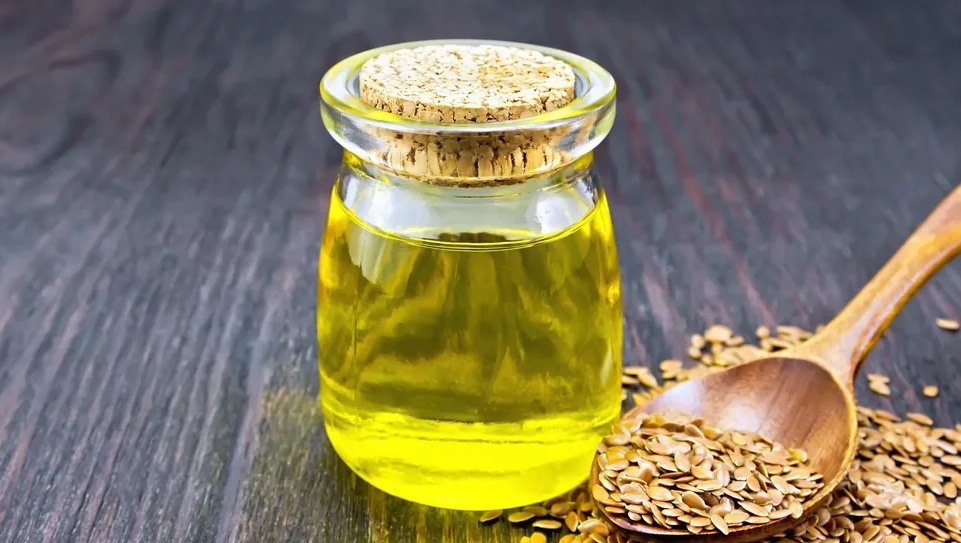How much linseed oil per day is healthy?
Daily consumption of linseed oil has a positive effect on health due to its high proportion of unsaturated fatty acids. But how much a day should it be?

Flaxseed oil is considered by nutrition experts to be a valuable source of healthy fatty acids, vitamins and antioxidants.
It is therefore the ideal addition to a healthy diet – and can also provide relief for a variety of physical complaints.
Omega-3 fatty acids make flaxseed oil so healthy
The oil obtained from linseed using the cold-pressed process is rich in polyunsaturated omega-3 fatty acids. These unsaturated fatty acids are among the “good” fats and are even essential for the body. That means he needs them, but can’t make them himself. Therefore, they must be consumed through food.
These essential fatty acids include the omega-3 fatty acid alpha-linolenic acid. With 30 to 60 percent alpha-linolenic acid, the proportion of valuable omega-3 fatty acids in linseed oil is particularly high. For comparison: rapeseed oil, which is also considered a healthy source of fat, contains around 10 percent omega-3 fatty acids.
This is how omega-3 fatty acids from linseed oil affect the body
Omega-3 fatty acids are essential for the body. Polyunsaturated fatty acids can:
reduce total and LDL cholesterol concentrations in the blood
Improve the flow properties of the blood and thus prevent deposits in the blood vessels
positively influence the immune system
Inhibit inflammatory reactions
Due to the positive effect of omega-3 fatty acids on cholesterol levels and the flow properties of the blood, linseed oil is a good supplement for problems with the cardiovascular system. You can find out here which diseases linseed oil is beneficial for.
Info: Especially if you have serious illnesses, you should never rely on the effects of linseed oil alone. Consult your doctor here and use linseed oil as a supplementary measure.
The daily dose of linseed oil
Linseed oil should not be heated, otherwise the quality of the fatty acids will be lost. You can use it as a dressing for salads, eat it with cottage cheese or take it on its own. However, even with this healthy oil, a certain amount should not be exceeded.
The German Nutrition Society considers 0.5 percent omega-3 fatty acids (alpha-linolenic acid) to be appropriate based on daily calories. This corresponds to around 1.1 grams of alpha-linolenic acid per day for women (2,000 kilocalories per day) and 1.6 grams of alpha-linolenic acid per day for men (2,800 kilocalories per day). With an average content of 40 percent alpha-linolenic acid in linseed oil, this amount is already contained in one teaspoon (four grams) of linseed oil.
Be careful: linseed oil goes rancid quickly
Cold pressed linseed oil is very healthy. But if you store it incorrectly, you won’t be able to enjoy it for long. The reason: Linseed oil oxidizes quickly due to its high content of omega-3 fatty acids. It therefore becomes rancid within a few weeks. Therefore, pay attention to the following points when using linseed oil:
Buy where it is refrigerated and stored in dark bottles
The manufacturer should have pressed linseed oil without additional heat and in the absence of oxygen
Store at home in a dark and cool place (preferably in the refrigerator)
Use within two months
Conclusion
Flaxseed oil is very healthy because of its high content of omega-3 fatty acids and antioxidants. However, you should not exceed a certain amount of this oil either. The German Nutrition Society considers around 1.1 to 1.6 grams of alpha-linolenic acid per day to be appropriate for adults. This amount is already contained in one teaspoon of linseed oil.


